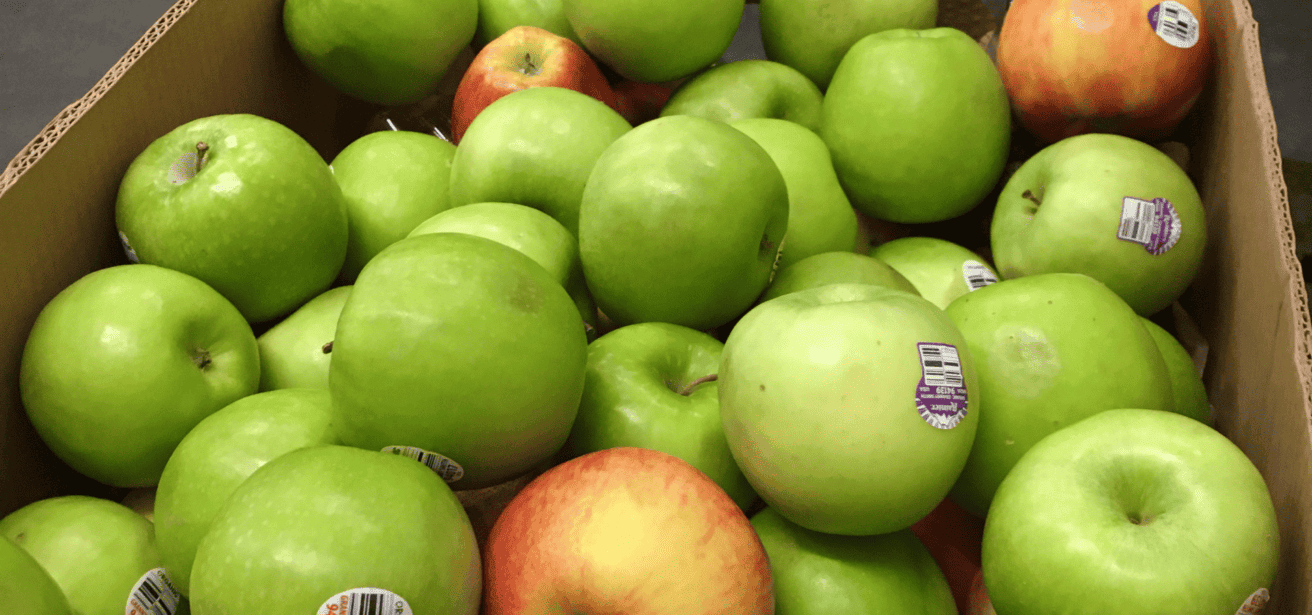Advocacy 101: A Primer for People Who Want to Speak Up for Change

Interested in efforts to curb wasted food? Tackle hunger? Respond to the climate emergency? Advocacy is at the heart of making long-term, systemic change happen – and it’s not just for people who understand all the workings of government or closely follow politics. It’s for everybody who cares about an issue and has the willingness to tell others what they think! Also, it’s important. Here’s what you need to know – including tips on when you should speak up.
What is advocacy?
In simple terms, it’s telling people that you support something (or don’t) and why! It can take many forms but often involves a specific “ask” or call to action.
Using food as an example, advocacy could look like a school’s student council asking their administrators to consider composting in their cafeteria. Or an employee could ask their employer to implement a system to ensure leftover catering food gets eaten rather than left to rot in the fridge. Or it could look like you, writing to your state representative, letting them know you’d like to see their vote in favor of legislation creating Universal School Meals.
For this blog, we’ll focus on the latter type of advocacy: legislative advocacy.
How can advocating help? Why is it important?
Advocacy can help shape which issues lawmakers give their attention to and which bills they decide to turn into law. This is important because laws impact our lives, from fines for littering to Organics Waste Bans that work to divert good food away from landfills.
Remember, the government’s job is to represent its constituents’ interests. If they don’t know what you care about, they can’t possibly represent you well! That means your representatives – from the President to U.S. and state senators and congresspeople, to city councilors and select board members – rely on you to share. If they don’t hear from you about an issue, they are less likely to know it exists, how it impacts people, or how their community wants to see it resolved.
I want to advocate for change. Who do I speak to?
Typically, you want to speak with your elected representatives. Find yours by entering your address on Common Cause’s Find Your Representative page to find out who your representatives are at the federal, state, and local levels, and how to contact them.
Is it better to call or email my representative?
While email can still be effective, phone calls could be even more impactful. Learn more about communication methods in this New York Times article.
What should I say when I advocate?
There are three things you should include in any outreach:
- Introduce yourself as a constituent (someone who lives in, and votes in, their district)
- Tell them what you’re interested in (like an issue or a specific bill)
- Let them know why you care, using a personal example if possible.
Here’s one example of what that could look like: “Hi, my name is _______. I’m a, resident of______________, and I’m calling today in support of ‘An Act decreasing food waste by standardizing the date labeling of food.’ In my home, we find date labels confusing, which makes it hard to know what is safe to eat. I know I throw away more than I should, which is a waste of food and money. I don’t want to waste food if I don’t have to, especially when I know not everyone has enough to eat. I urge ____________ to vote this bill into law.”
Aren’t legislators busy? Will they really answer my call?
While representatives may occasionally work phone lines, more often than not, you’ll reach one of your elected’s staff or their voicemail.
From there, staff will create a roundup report for representatives to communicate what they’ve been hearing from constituents. This report will typically say something like “50 constituents called about this issue” alongside quotes from those conversations. Meaning the volume of outreach is important, but your personal “why” could end up on your representative’s desk. This is what could make your outreach memorable.
How do I know when it’s time to advocate?
Connect with organizations like ours. Or check out Massachusetts Food System Collaborative or Project Bread to learn about issues and opportunities for action. Sign up for our Advocacy Alerts, and we’ll reach out if there’s an e-mail to write or a call to make on issues related to wasted food and hunger.